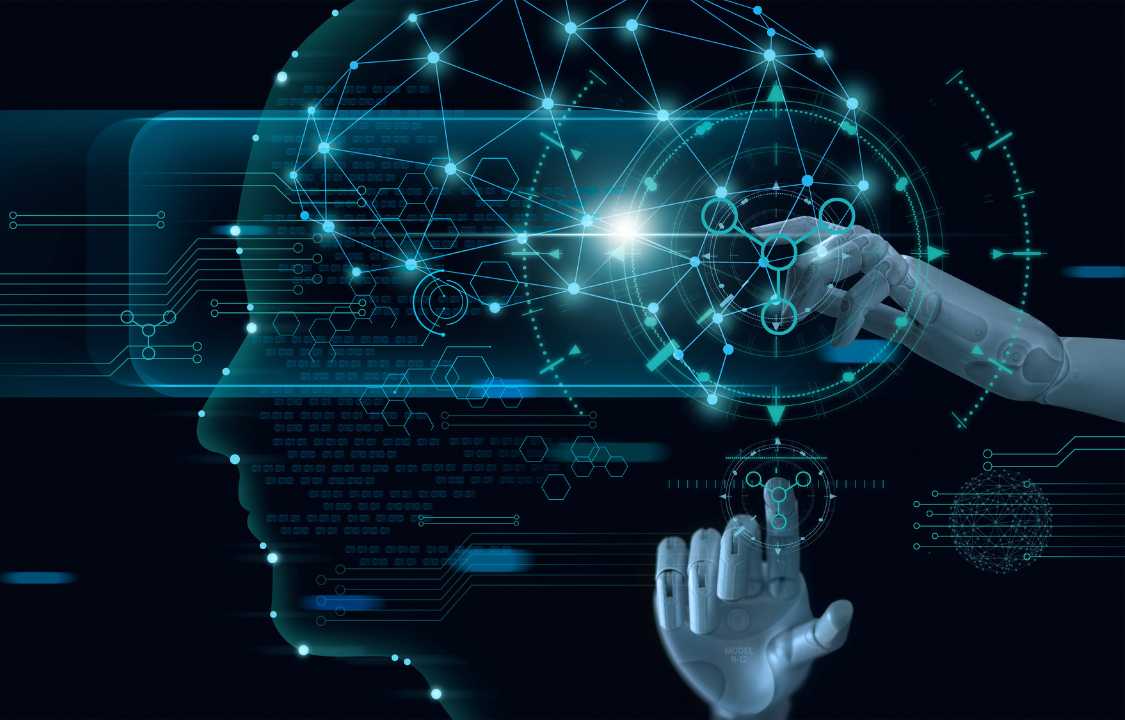Artificial Intelligence (AI) and automation have become integral components of the modern technological landscape, transforming the way businesses operate and improving overall productivity. AI automation refers to the use of artificial intelligence algorithms and technologies to automate tasks that previously required human intervention. This article delves into the concept of AI automation, exploring its fundamental principles, its diverse applications across various industries, and the profound impact it has on enhancing productivity and efficiency in today’s world.
Understanding AI Automation
AI automation is the use of artificial intelligence (AI) tools like machine learning, NLP, computer vision, and others to accomplish tasks without human intervention. By analyzing vast datasets, identifying patterns, and learning from interactions, AI algorithms can carry out complex tasks without constant human supervision. This technology has revolutionized sectors ranging from manufacturing and healthcare to finance and customer service.
Applied Uses of AI Automation
1. Manufacturing and Industry 4.0:
- AI-powered robots and machinery streamline manufacturing processes, leading to increased production efficiency and reduced errors.
- Predictive maintenance algorithms analyze equipment data to forecast potential breakdowns, enabling proactive maintenance and minimizing downtime.
- Smart factories utilize AI automation to optimize supply chains, monitor inventory, and enhance overall operational efficiency.
2. Healthcare and Medical Diagnosis:
- AI algorithms process medical data, such as images and patient records, aiding in accurate diagnoses and personalized treatment plans.
- By eliminating routine administrative work, robotic process automation (RPA) frees up doctors’ time to spend with patients.
- Virtual health assistants powered by AI provide medical advice, schedule appointments, and monitor patients’ health remotely.
3. Customer Service and Chatbots:
- AI-driven chatbots offer instant customer support, handling inquiries, resolving issues, and providing personalized recommendations.
- Natural language processing enables chatbots to engage in human-like conversations, enhancing the user experience and customer satisfaction.
- Sentiment analysis algorithms assess customer feedback, allowing businesses to adapt and improve their services based on customer sentiments.
4. Financial Services and Fraud Detection:
- AI automation assists in algorithmic trading, predicting market trends, and optimizing investment portfolios.
- Fraud detection algorithms analyze transaction patterns, identifying anomalies and preventing fraudulent activities in real-time.
- AI-powered virtual financial advisors provide personalized financial advice, helping individuals manage their investments and savings effectively.
5. Data Analysis and Business Insights:
- AI algorithms process vast datasets to uncover valuable insights, trends, and correlations, aiding businesses in making data-driven decisions.
- Machine learning models can guess how customers will act, which helps companies make their marketing and product lines more relevant to certain groups of people.
- AI-driven analytics technologies automate report generation, enabling firms to monitor key performance indicators (KPIs) and track progress effortlessly.
Enhancing Productivity with AI Automation
Improved Efficiency:
- AI automation lessens the need for manual labor, freeing up workers for more intellectually stimulating and socially engaging endeavors.
- Workflows can go forward more quickly and with fewer mistakes when mundane operations like data input and document processing are automated.
Cost Savings:
- By automating various processes, businesses can significantly reduce operational costs associated with labor, manual errors, and inefficiencies.
- Predictive maintenance and efficient supply chain management minimize downtime and wastage, further optimizing costs.
Enhanced Accuracy:
- The possibility of human error in routine tasks is eliminated thanks to the accuracy and consistency with which AI systems carry them out.
- In sectors like healthcare and finance, where accuracy is paramount, AI automation ensures reliable results, leading to better outcomes.
24/7 Availability:
- AI-powered chatbots and virtual assistants provide round-the-clock customer support, catering to global audiences in different time zones.
- Businesses can operate seamlessly without time constraints, ensuring uninterrupted services for their customers.
Innovation and Scalability:
- Innovate by removing human error from repetitive tasks and by with and handle innovation by removing human error from routine tasks and allowing for automation of tasks.
- Scalability becomes more manageable as automated systems can adapt to increasing workloads without a linear increase in costs, ensuring flexibility in business operations.
AI automation is at the forefront of the technological revolution, reshaping industries and enhancing productivity across the globe. By embracing AI-driven solutions, businesses can optimize their processes, reduce costs, improve accuracy, and focus on innovation. As AI technology continues to advance, its potential applications are limitless, promising a future where automation not only streamlines operations but also drives unprecedented growth and innovation in every sector of the economy. Organizations that harness the power of AI automation today are better positioned to thrive in the ever-evolving digital landscape of tomorrow.

